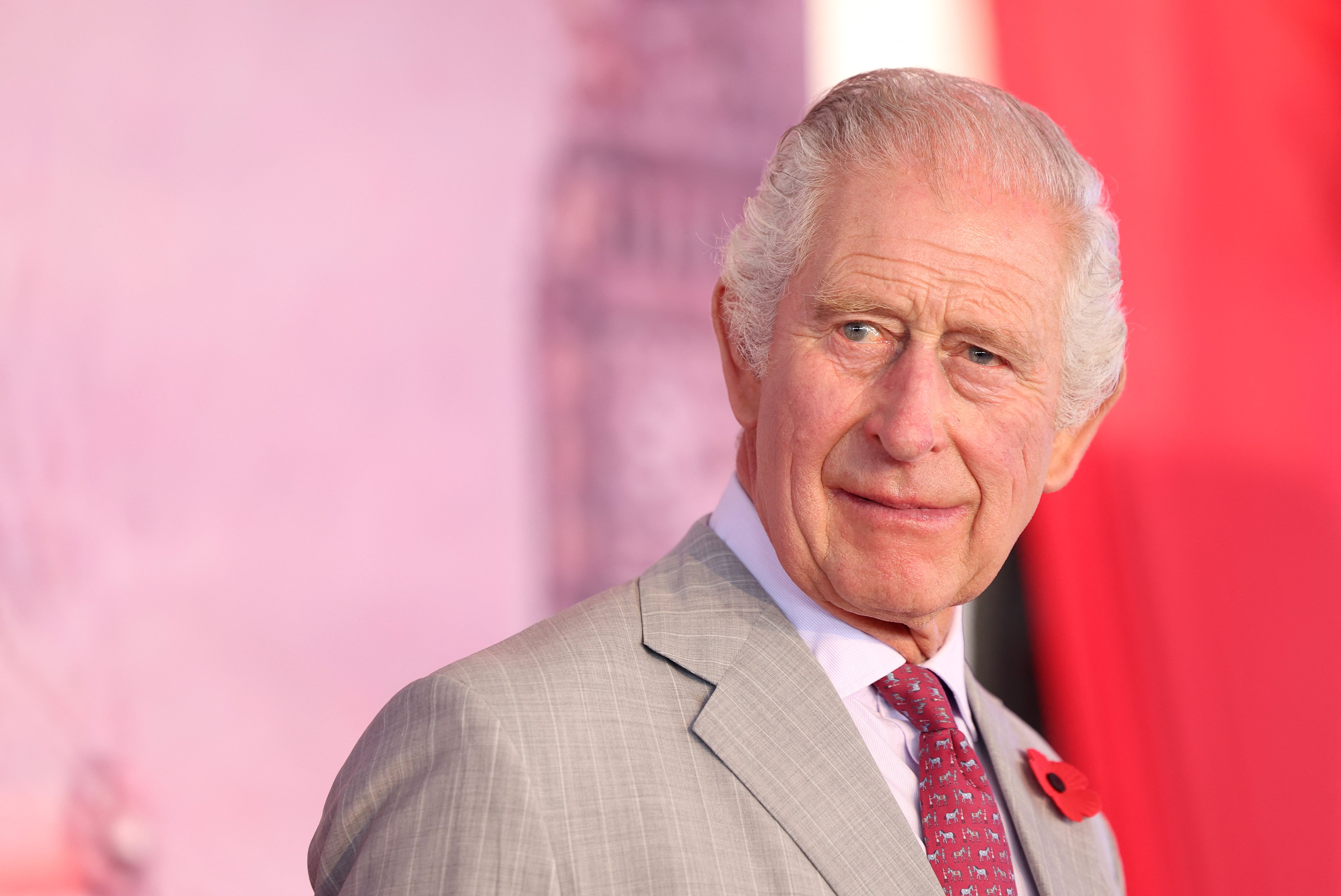His Majesty has done a great service to the nation’s health
The King’s refreshing frankness about his forthcoming treatment for a benign enlarged prostate will help demystify a very private condition affecting almost two-thirds of men over 60 – and will, in turn, enable more patients to be treated, says Sean O’Grady


Speaking as a male d’un certain âge, and an enthusiastic hypochondriac, I was disturbed by news about the King’s health. I was equally delighted to learn that our 75-year-old sovereign will soon be happy and glorious again, as he will undergo treatment next week for benign prostate enlargement (BPE).
Though troublesome, BPE is an entirely natural phenomenon, affecting the waterworks of 60 per cent of men over the age of 60. It is not usually a serious threat to health, nor a fatal one. So I do feel a little sorry for the nation’s hard-pressed GPs who, thanks to the royal spotlight, will soon be requested to make fundamental assessments of thousands of worried older gentlemen.
It is greatly to the King’s credit that he’s allowed his prostate to “come out”, so to speak. Chaps should be able to speak freely about their waterworks and feel no shame about seeking medical advice. ’Twas not always thus with this condition.
It was the late Barry Humphries, in character as the grotesque Dame Edna Everage, who turned the prostate from embarrassing to amusing. Dame Edna was rarely shy about her (never-seen) husband Norm and his prostate troubles. Norm was reportedly happy to think he was helping to push back the frontiers of prostatology.
So is the King, completing the journey pioneered by Norm’s prostate and placing it, if temporarily, at the centre of national life. “Raising awareness”, they call it – and you can say that again.
By the end of the week, most of the population will know and understand more about the murky workings of the prostate than ever. In due course, more serious prostate-related illnesses, including cancer, will be diagnosed and treated in good time, and lives saved.
The days when people in public office could cover up even serious illnesses are thankfully over. It took decades, for example, for the British people to find out that their then prime minister, Winston Churchill, had, in the early 1950s, suffered a couple of serious strokes, one of them coinciding with a time when his deputy, Anthony Eden, was out of action with complications after an operation on his gall bladder. No one outside government knew about the crisis, and that was hardly satisfactory.
At least when Boris Johnson was hospitalised with Covid, the country knew that he was out of action. Though he had, as ever, made no arrangements for who should be in charge in his absence.
When it was discovered recently that Lloyd Austin, the US defence secretary, had undergone prostate cancer surgery without Joe Biden, cabinet members or even his deputy knowing about it – he was later hospitalised in intensive care, due to complications – it not only set alarm bells ringing about national security. It was a reminder that powerful men can still feel unable to show “weakness” – as well as a missed opportunity to start a national debate about a condition whose relative survival rate after 15 years is more than 90 per cent.
As for the King, we are also long past the era when some people believed that the royal family were not normal human beings like the rest of us. They get sick, too. A small landmark event in that respect was when the late Queen let it be known that she’d had to miss her official duties due to a bout of gastroenteritis. She just put it out there, and let us deal with it. No squeamishness.
The Princess of Wales has also been in hospital, but she wants to keep such personal information private, and quite right, too. We know all we need to about her abdominal surgery, and if she wants to protect her privacy, that’s her prerogative – no one has to know. That is a matter for her, and she has her reasons.
There’s a contrast with what the King has done, but no contradiction. Like all of us, how she shares delicate details (and who with) can only be decided by her, and not, let us say, the tabloids. It will be interesting to observe just how some sections of the media deal with this. They can fall into paroxysms of anxiety if they’re, basically, not handed the consultant’s notes and the scans.
I recall, for example, the rage when they weren’t told about the late Queen going into hospital for a day in 2021; the royal standard was kept flying at Windsor Castle to maintain the subterfuge. The press also took volcanic umbrage when Meghan, Duchess of Sussex, and Prince Harry refused to announce the birth of their son Archie immediately after his arrival, and didn’t invite photographers to meet him.
This is different. Like Kylie Minogue with her breast cancer battle, and Angelina Jolie with her pre-emptive mastectomy after discovering she had a significantly elevated cancer risk due to a genetic condition, there can never be enough public awareness about treatable conditions. What the King has now done sets a fine example to us all.






Join our commenting forum
Join thought-provoking conversations, follow other Independent readers and see their replies
Comments